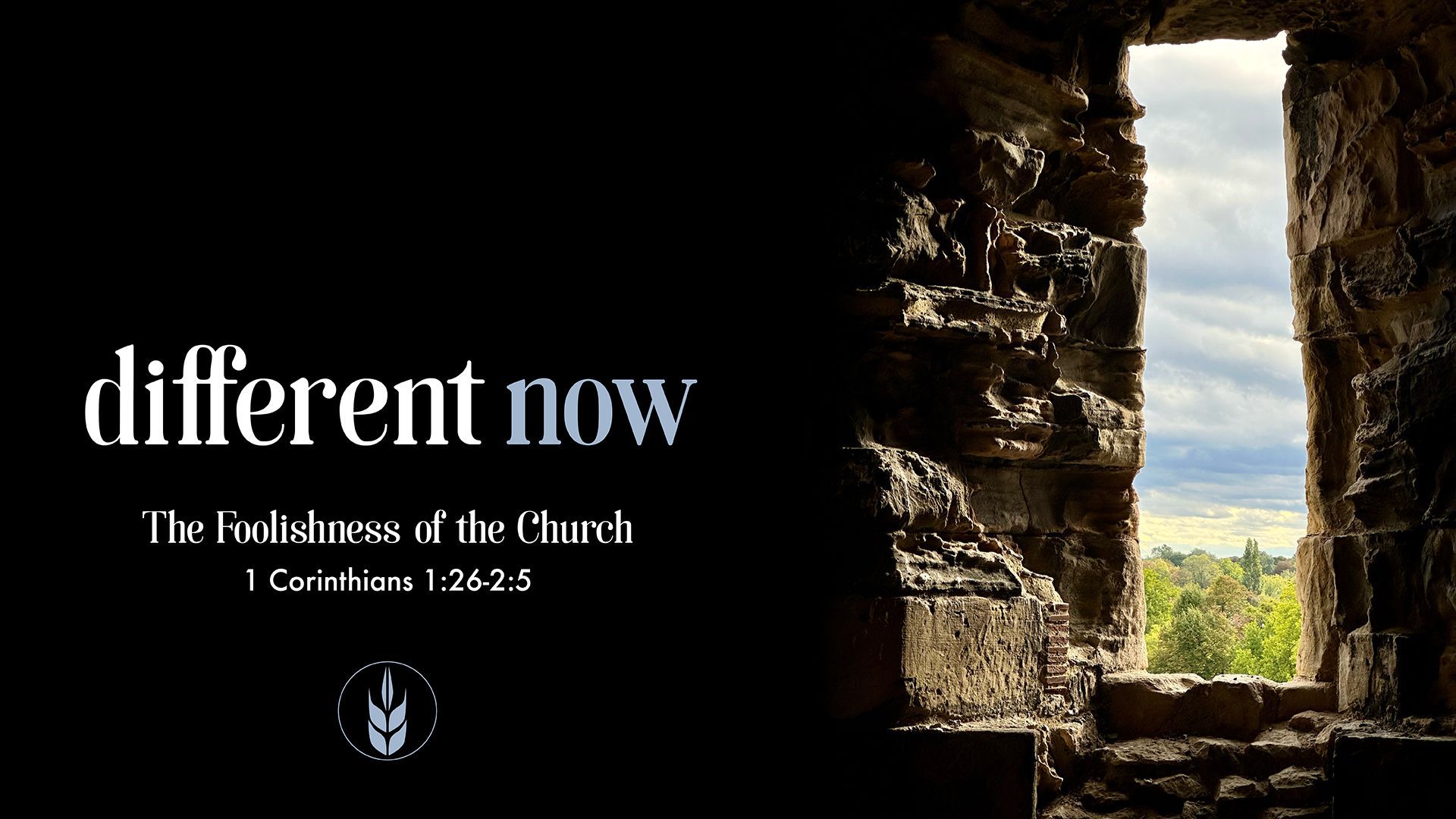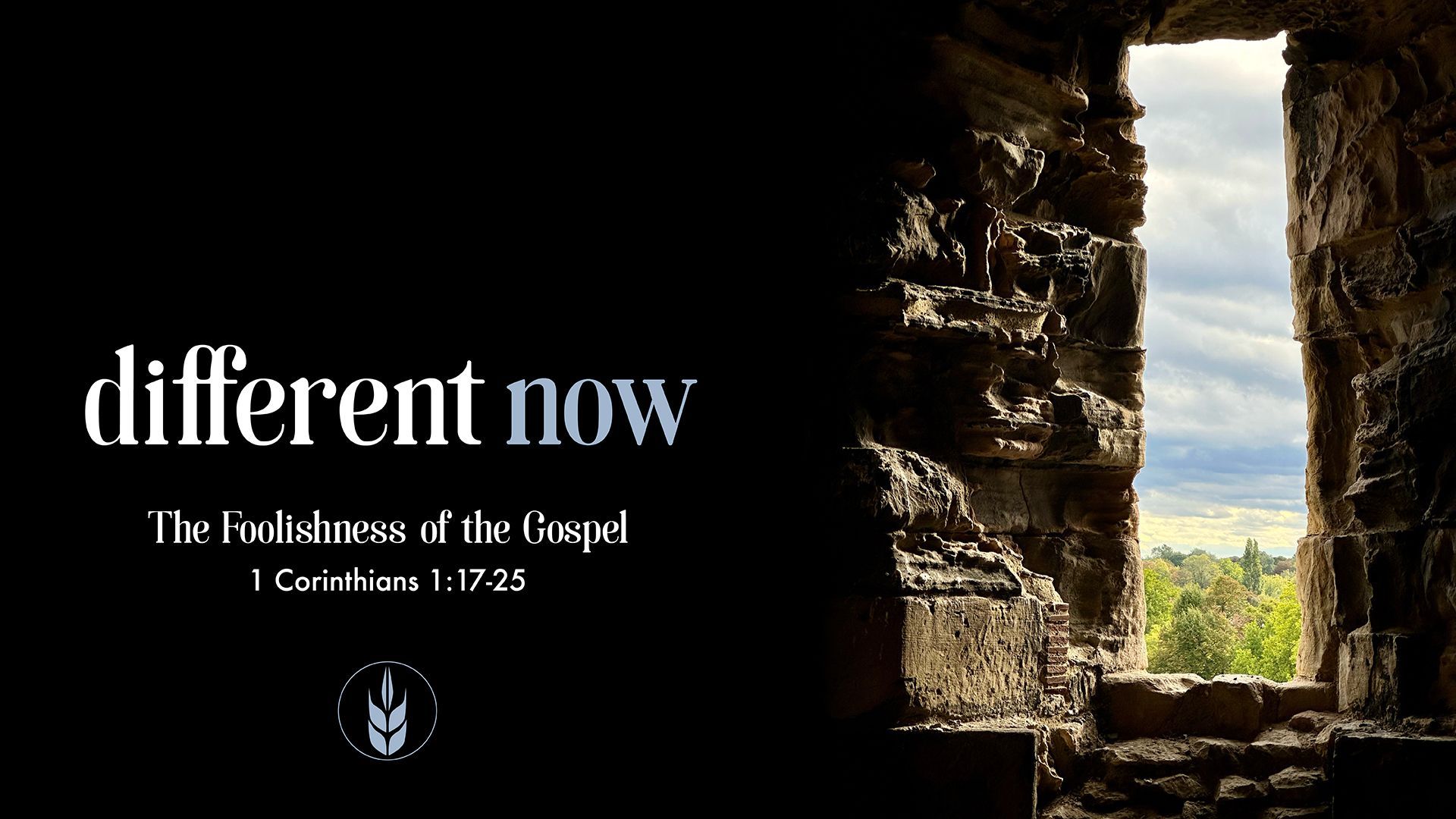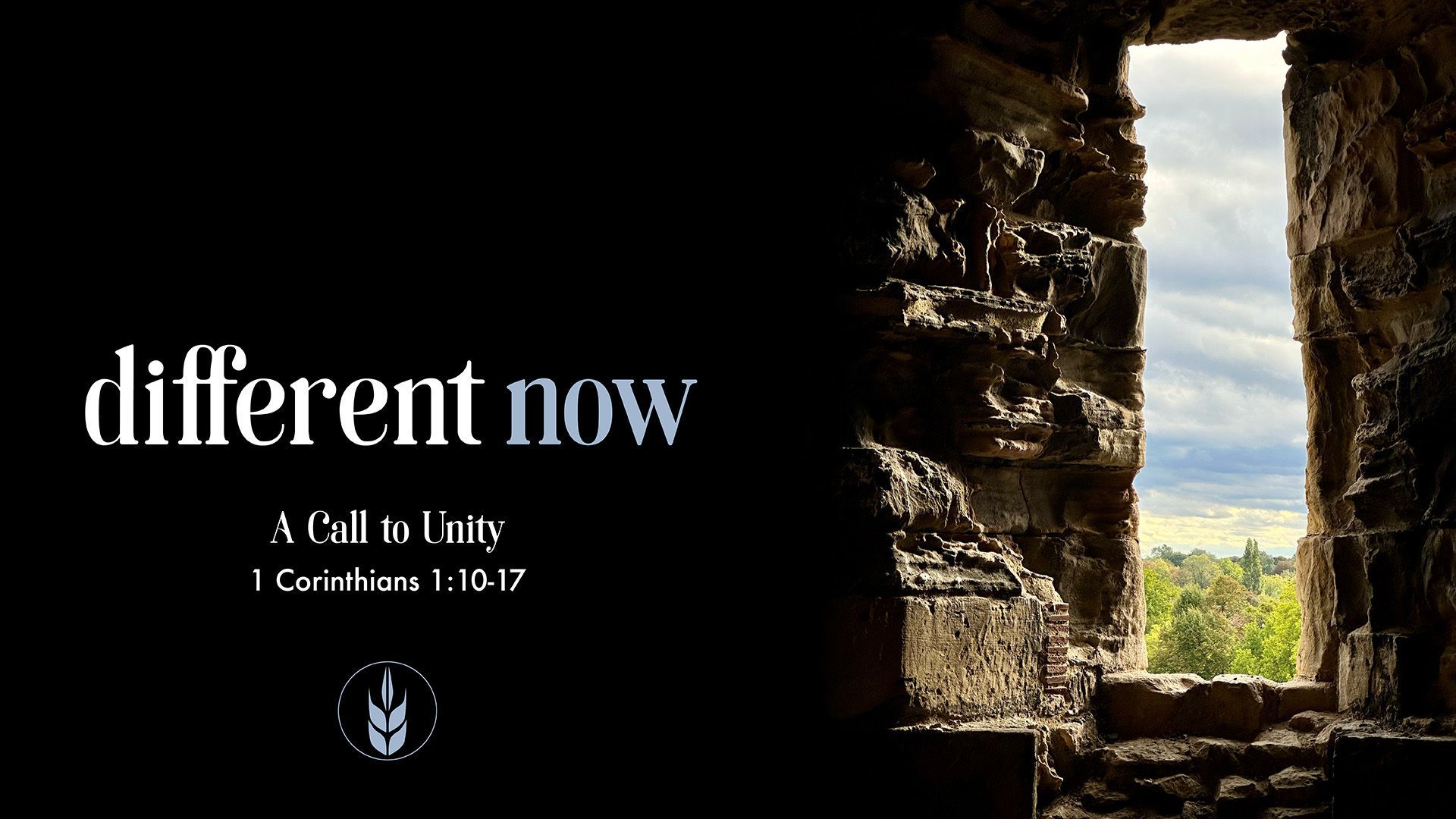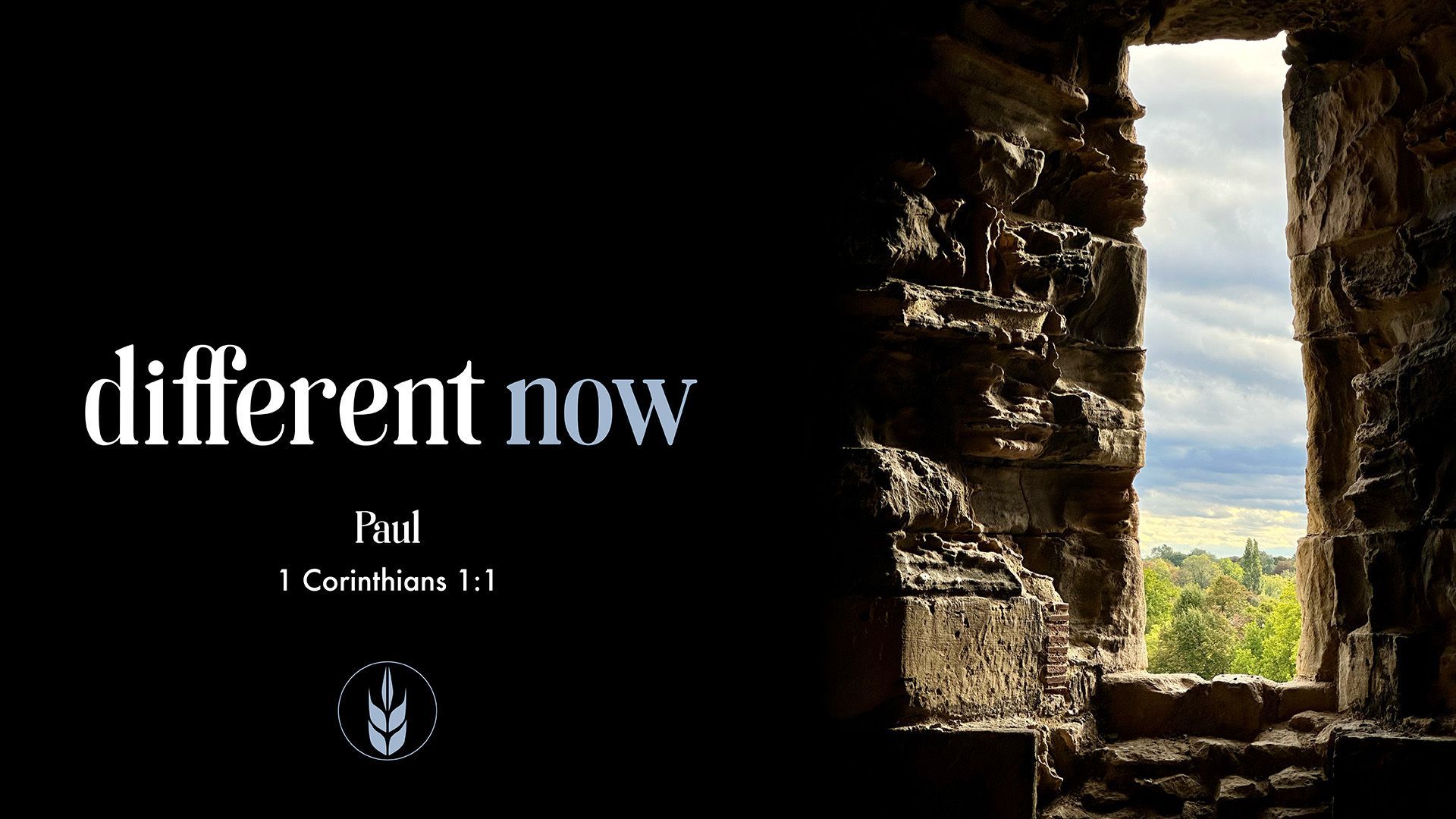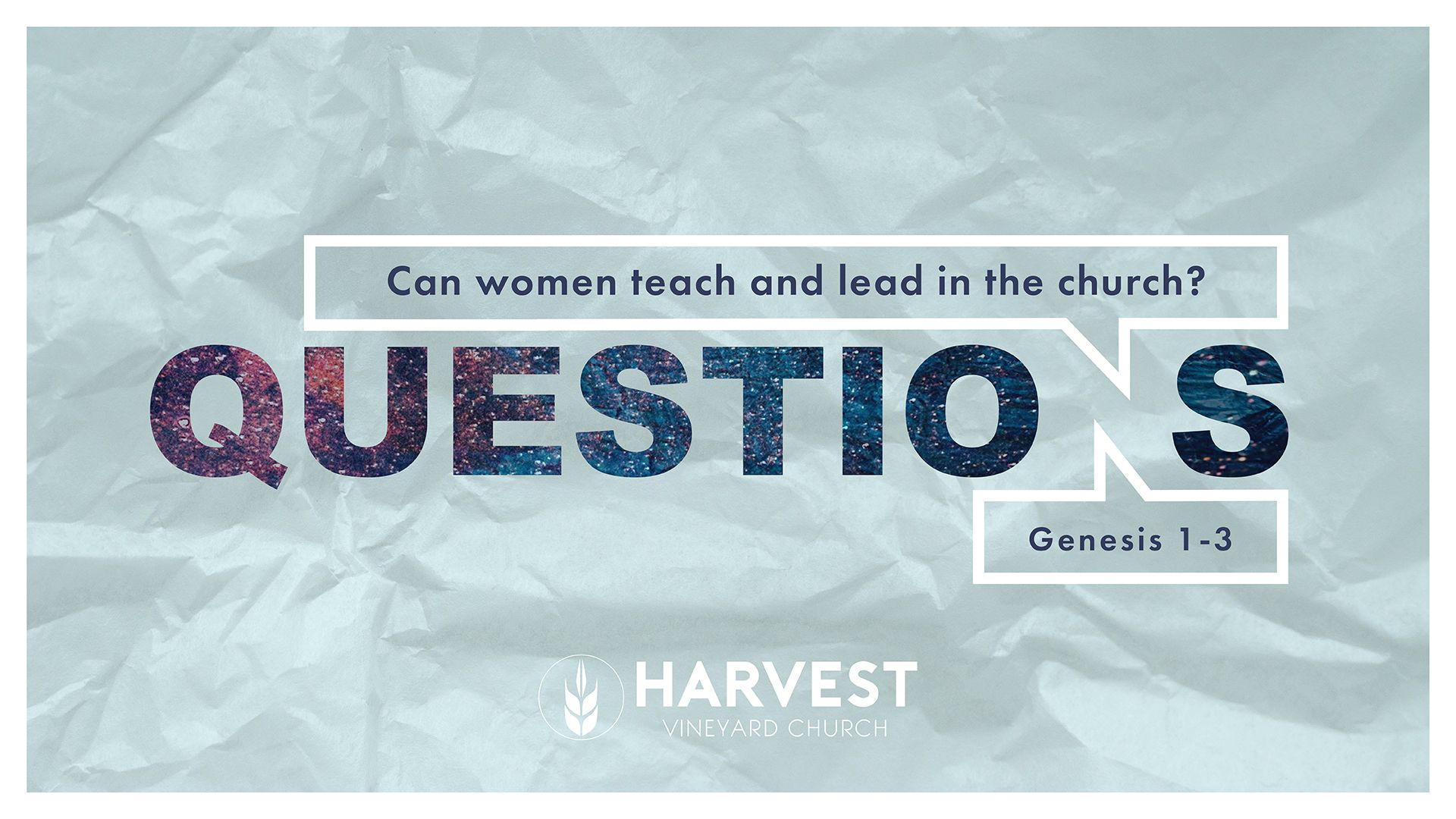
Understanding the Biblical Basis for Women in Church Leadership
In the ongoing discourse on women's roles within the church, it is vital to revisit the Scriptures to uncover God's original intention for men and women working harmoniously in His mission. Rather than isolating verses, we must explore the biblical narrative to truly capture God's heart on this matter.
God's Design in Creation
Genesis 1 presents a profound insight into God’s design as He created both men and women in His image, granting them joint dominion over His creation. This divine act did not suggest any hierarchical structure or gender-based division of responsibilities. Instead, it paints a picture of perfect partnership and mutual fulfillment of God's will.
The term "helper" used in Genesis to describe Eve, translates in Hebrew as "ezer k'neged," a term of strength and capability often used to describe God as our helper. This indicates that Eve was created as a powerful ally to Adam – together embodying the unity and diversity that reflect God's own nature.
Women Leaders in the Old Testament
The Old Testament chronicles various instances of women in leadership roles. Moses' sister Miriam was a prophet and worship leader. Deborah rose as a judge and prophet, exercising the highest authority in Israel. Huldah the prophet was sought for her spiritual insight by King Josiah. Esther, alongside her uncle Mordecai, saved the Jewish people from destruction, showcasing collaborative leadership.
These narratives are not exceptions but a testament to God's ongoing use of both women and men for His purposes. Despite a culture that often sidelined women, God empowered them, demonstrating His will for their roles in His work.
Jesus' Empowerment of Women
In Jesus' ministry, we witness a departure from cultural norms as He honors and includes women in groundbreaking ways. In a society treating women as lesser, Jesus engaged the Samaritan woman in theological dialogue and commissioned her as an evangelist. He endorsed Mary of Bethany sitting as His disciple—an esteemed position reserved for men at the time.
Significantly, Jesus entrusted women as the first messengers of His resurrection. Mary Magdalene, once dominated by demons, was transformed into the first herald of the risen Lord. Choosing women for this role defied cultural standards where a woman's testimony was typically dismissed in court.
Women in the Early Church
The early church continued this pattern. Women like Priscilla, Phoebe, and Junia were pivotal in church leadership, teaching, and missionary work. Despite common misinterpretations, Paul acknowledged and collaborated with numerous female leaders during his ministry.
Understanding apparent contradictions, such as in 1 Timothy 2, necessitates recognizing the specific cultural and situational challenges Paul was addressing. False teachings, cultural influences, and inappropriate behaviors were destabilizing the Ephesian church. Paul's instructions were likely meant to address these contextual issues rather than promote universal restrictions.
Complementarity Without Hierarchy
Scripture provides a compelling vision of cooperation without hierarchy. Men and women, distinct yet equal, are called to work in tandem, their unique talents contributing to building God’s kingdom. This reflects God’s image and enhances the church’s ability to fulfill its mission.
This requires humility and relinquishing power struggles, acknowledging that we thrive best when united. Limiting either gender's potential minimizes the church’s influence and witness in the world.
Reflecting on Our Journey
To fully embrace this vision, we must explore pertinent questions:
- How can the church transform by embracing the capabilities and leadership of both genders?
- Are there cultural biases that unconsciously constrain women's opportunities to lead?
- How do we foster environments where both genders' strengths flourish without power imbalances?
- What actions can ensure inclusive and valued voices within our faith communities?
Pursuing true partnership between men and women in the church is an ongoing journey that invites careful Scriptural study, transparent dialogue, and a willingness to challenge ingrained traditions. The benefits are immeasurable: a dynamic, diverse body of believers poised to accomplish God’s mission.
As we advance, let us create spaces where both men and women thrive, lead, and fully employ their God-given talents. May we embody God's original intention—co-equal image-bearers working harmoniously to manifest His kingdom on earth.
Hit play to listen to the sermon this blog is based on
At Harvest Vineyard, we believe we are better together, in community. We're glad you're here.
ENCOUNTER CHRIST.
EXPERIENCE COMMUNITY.
LOVE THE WORLD.
We believe that experiencing the love and mercy of God is more effective in bringing change to people's lives than rules, guilt, and condemnation. We have attempted to make our community a place where people can come as they are and still experience love and mercy. At the same time, we desire to learn and apply the truth of God to our lives and learn how to speak truth to one another.



